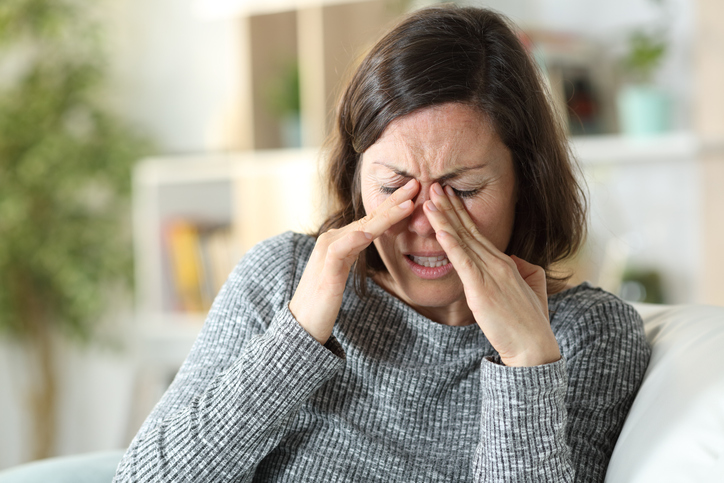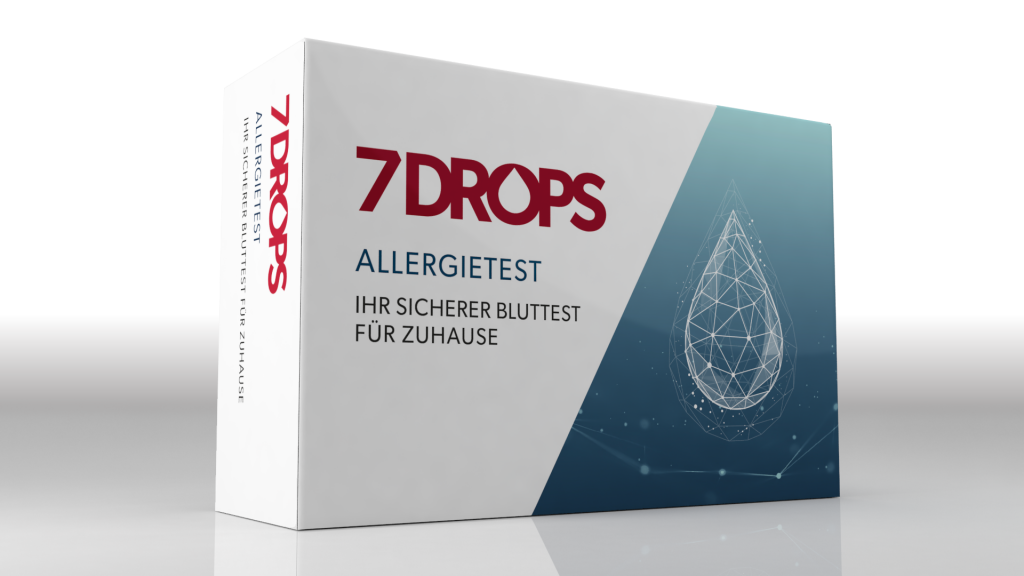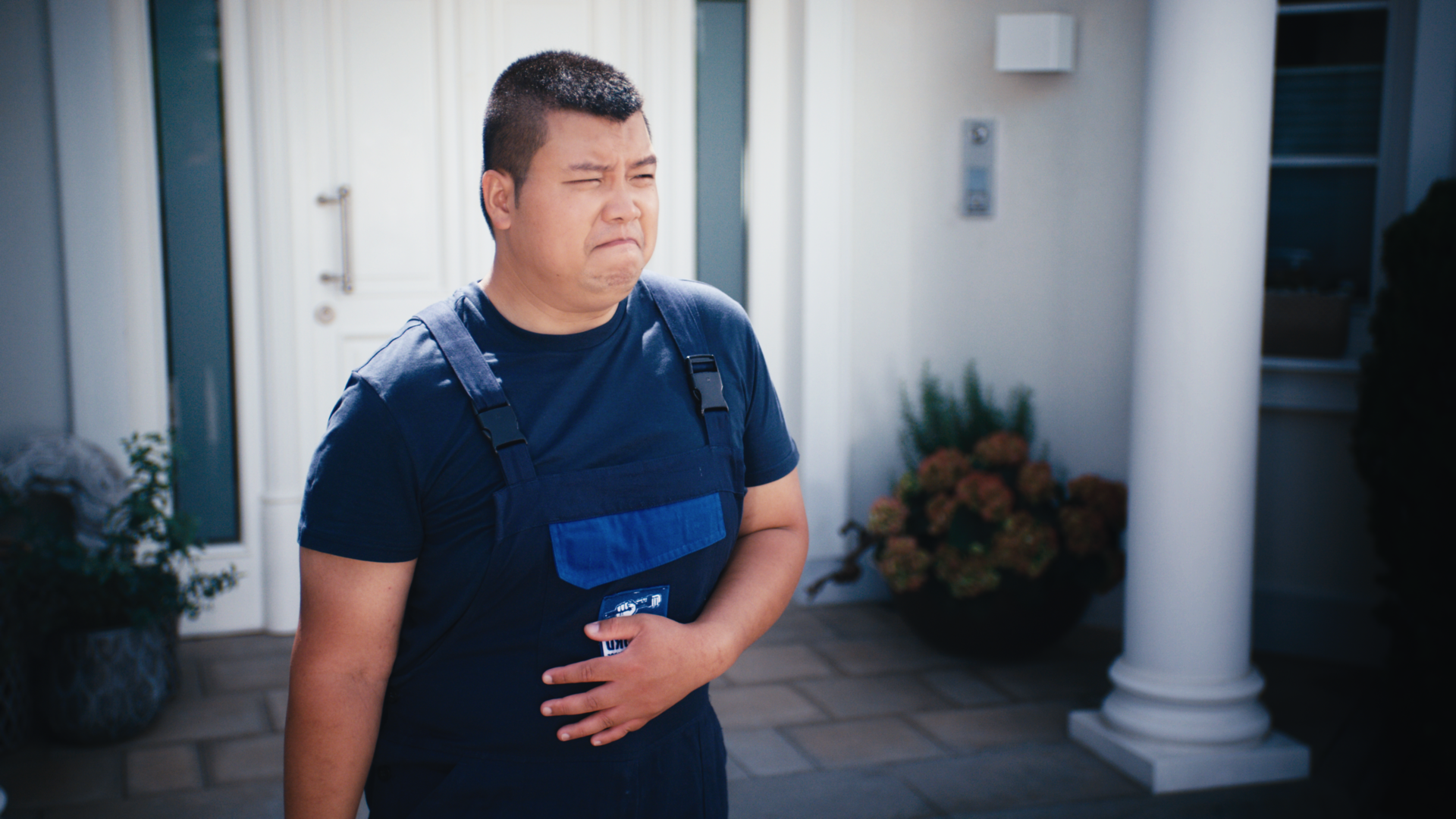Allergic reactions can be caused by many substances – the most common allergen sources include pollen (from grasses, trees, and weeds), pet and animal dander (from cats, dogs, etc.), dust mites, insect stings (from bees, wasps, hornets, ants), mold, food (milk, wheat, shellfish, eggs, soy, peanuts, tree nuts), latex, medication (penicillin, aspirin) and cockroach.
How to spot an allergy


It may take a while for allergy sufferers to realize that their reactions to certain things are symptoms of an allergy. This is often the case if they never took an allergy test before, or they only started to experience reactions very recently.
Common symptoms of an allergic reaction include the following:
- Allergic rhinitis (also known as hay fever): sneezing and an itchy, runny or blocked nose
- Conjunctivitis: itchy, watering, red eyes
- Wheezing, chest tightness, shortness of breath and coughing
- Rashes: eczema, contact dermatitis and hives (red, itchy, raised bumps on the skin)
- Fatigue, tiredness, and irritation
- Swollen lips, tongue, eyes, or face
- Stomach pain, nausea, vomiting, or diarrhea
- Red, dry, and cracked skin
- Headaches
Symptoms may vary depending on what substance a patient is allergic to; they can appear together or separate from each other.
As an example, patients suffering from hay fever usually experience a lot of sneezing, an itchy, runny, or blocked nose, as well as itchy, watering red eyes.
People struggling a lot of unexplained stomach pain or nausea might be dealing with an undiagnosed food intolerance.
Spot severe allergy reactions
Very rarely, an allergy leads to a severe allergic reaction, known as anaphylaxis. Anaphylaxis (link to article) is a condition with the potential to turn into a life-threatening or fatal event known as the anaphylactic shock.
Anaphylaxis affects the whole body and usually develops within minutes of contact with or exposure to a specific allergen. In some cases, the allergic reaction is delayed and only sets in several hours after exposure to the allergen. Common allergy symptoms can be a sign of anaphylaxis, and are usually joined by several other symptoms:
- Swelling of throat and mouth
- Difficulty breathing
- Lightheadedness
- Blue skin and/or lips
- Confusion
- Loss of consciousness
- An anaphylactic shock is a medical emergency and requires immediate medical attention and treatment with epinephrine (adrenaline), which is why some diagnosed allergy patients always carry an EpiPen with themselves.
Diagnosis and treatment
The only way to accurately diagnose allergies is by doing an allergy test. There are several different methods of testing for allergies, with skin and blood tests being the most popular options.
After an allergy has been diagnosed, patients should consult their allergy specialist to work on a preventative concept including lifestyle changes and therapeutic measures to improve personal health and overall quality of life.
Treatment usually includes preventative measures to avoid exposure to the allergen, medicine such as antihistamines or nasal sprays, topical creams as well as allergen-specific immunotherapy.





